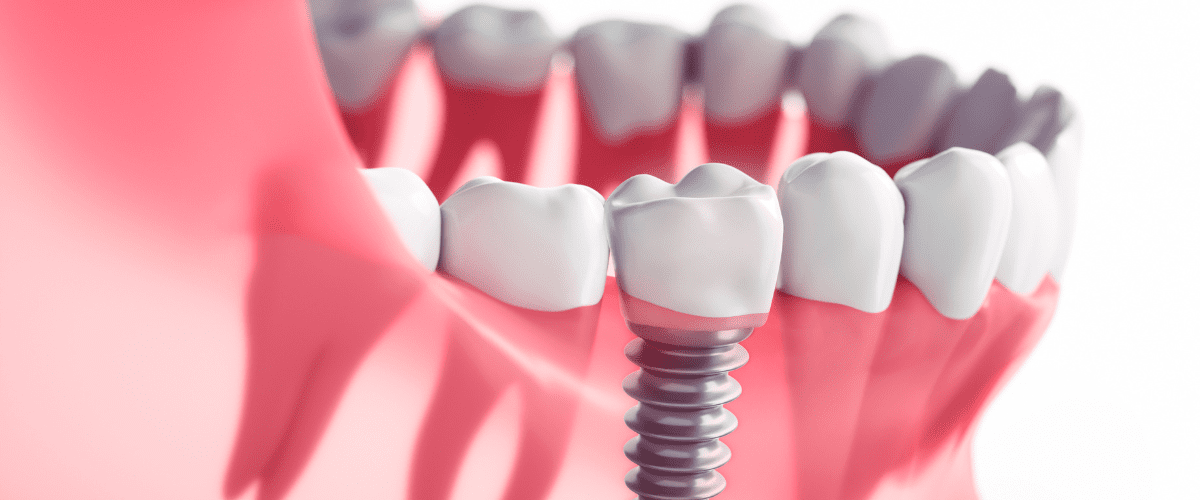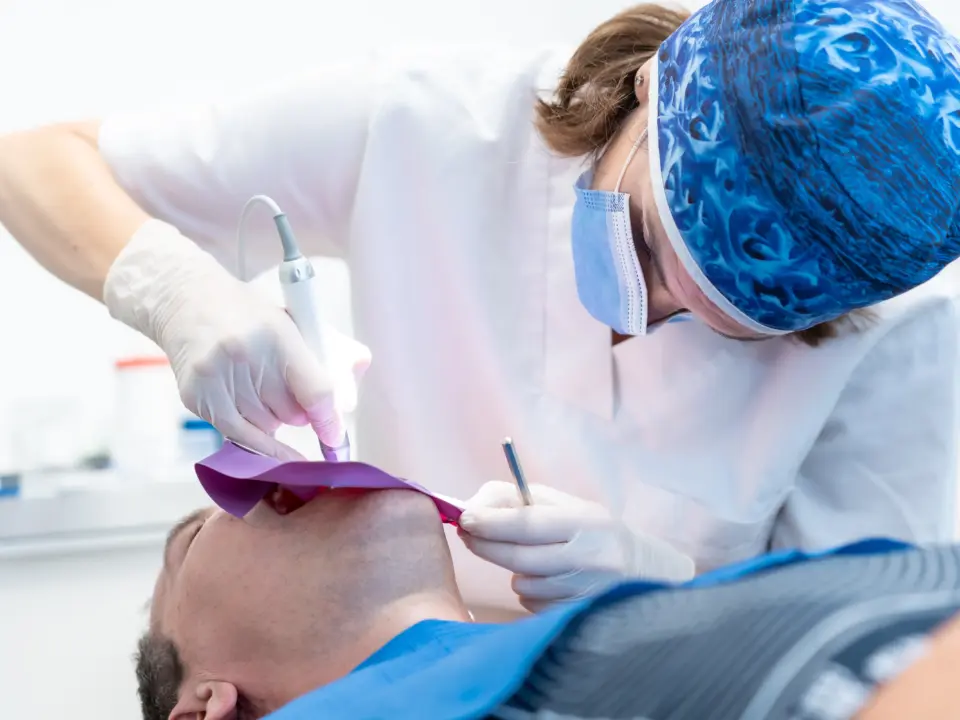
Intraoral Scanning Dentistry
November 21, 2022
Wisdom Teeth Recovery And Removal
January 6, 2023There are several ways to replace missing teeth. Dental implants are an alternative to bridges, complete dentures, or partials. Implants are used to support artificial replacement teeth or replace missing roots.
What are Dental Implants
Dental implants are a structure that is used to replace a missing tooth. The dentist inserts the implant into the jawbone using a screw-like device. This implant acts like an anchor for an artificial tooth and is called a crown. To connect the tooth to the dental implant, the dentist uses an abutment device.
Each crown is custom-made to match the teeth’s color and fit into the patient’s mouth. These crowns feel, look and function like a regular tooth.
Compared to dentures, implants have several advantages:
- More comfortable and natural
- The success rate is higher
- Improve chewing
- There is a lower risk of cavities developing in the teeth nearby
- Easier to maintain the bone at the sight of the missing tooth
- Decreases the sensitivity in the nearby teeth
- Do not need to be taken out and cleaned
Dental implants may not be suitable for every patient. A person’s bones must be healthy so the implanting device can bond with the jawbone. The dentist will ensure your teeth and bones are capable of the procedure before undergoing it.

Safety
Dental implant implants are very safe; millions of people have undergone the procedure. This dental restorative option maintains the health of the patient’s jawbone and stimulates its growth.
Risks
Your dentist will analyze to ensure dental implants are a safe option for you. This procedure is not safe for patients with the following conditions:
- Acute illness
- Metabolic disease
- Soft tissue or bone infection or disease
The patient will qualify for the procedure by resolving any of these issues.
Dentists also refrain from giving dental implants to patients with the following:
- Heavy smoking habits
- Tooth grinding, teeth clenching, or other parafunctional habits
- Psychiatric or behavioral disorders
- Diabetes
- Osteoporosis
- HIV
- AIDS
If the patient undergoes the procedure with any of the above diagnostics, there is a higher risk of the dental implant failing.
The Procedure
Each patient will have a different experience with the dental implant procedure. This is due to factors such as:
- The number of teeth needing replacement
- The location within the jaw of the dental implant
- The quantity and quality of the bone at the implant site
- The patient’s underlying systemic and oral health
Maintenance
The patient must continue to brush and floss their teeth regularly after the procedure. Regular teeth and artificial teeth require the same level of maintenance.
You will require follow-up visits to monitor the implants and ensure the gums and teeth are healthy. Continuous visits every six months for professional cleanings are essential to keep the teeth healthy.
Oral care is essential to overall health. Dental implants are a standard procedure and result in a natural, functional artificial tooth. Dental implants are a great alternative to bridges, complete dentures, or partials. Implants support artificial replacement teeth or replace missing roots. Knox Mountain Dentistry provides comprehensive and general dental services; visit our website to learn more.



